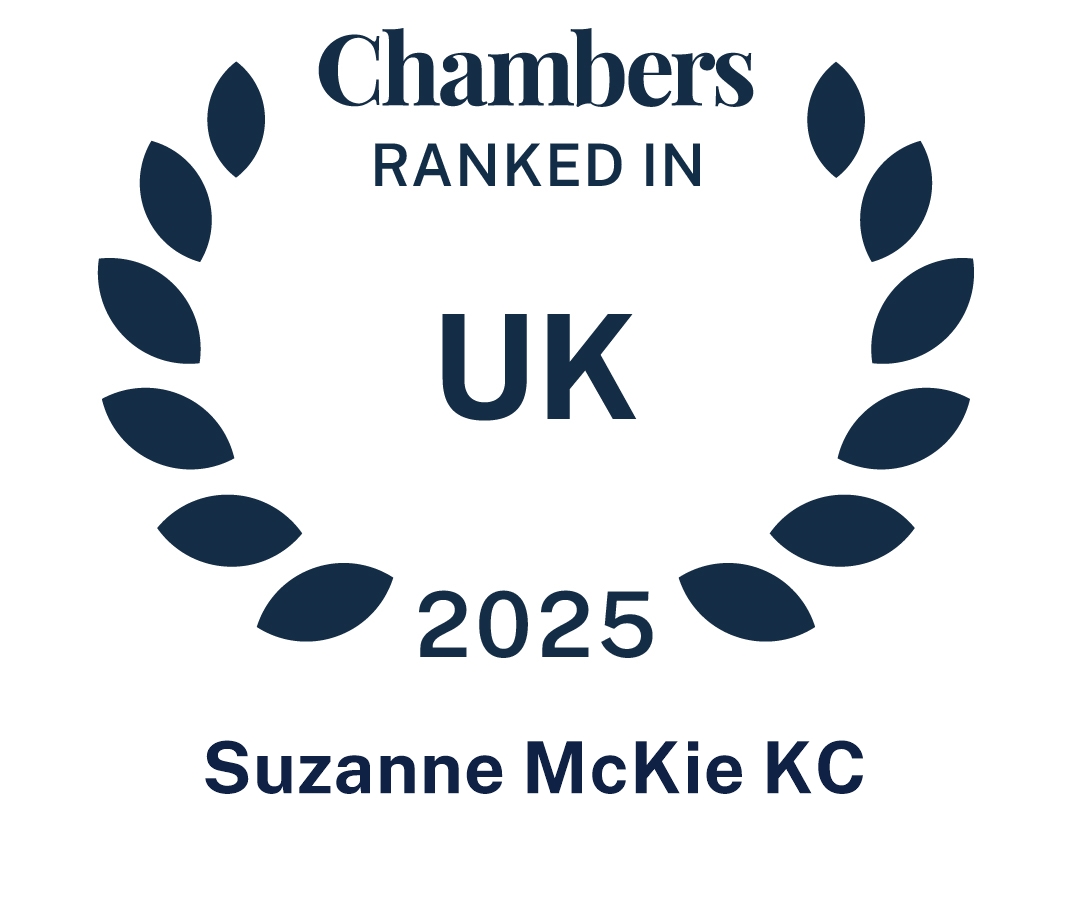
21 February 2022
|Media Appearances
Media
Sexual Misconduct / Harassment
Litigation, Disclosure and ADR Procedure
Confidentiality Agreements
Suzanne McKie KC quoted in Open Democracy regarding NDAs
Suzanne McKie QC, Founder and Managing Director of Farore Law, has been quoted by Open Democracy regarding NDAs and sex abuse victims. See the content of the article (published 14 January 2022) below.
“Sex abuse victims in the UK are being gagged by unchecked wide-reaching non-disclosure agreements similar to the one that nearly bought Prince Andrew immunity from prosecution.
The Duke of York’s legal team this week lost its bid to block Virginia Giuffre from taking him to court in the US. Giuffre alleges she was sexually assaulted by the prince when she was 17, which he denies. The duke’s legal team argued she had waived her right to sue him in a previously confidential $500,000 (£360,000) settlement she made with sex offender Jeffrey Epstein.
The revelation that Epstein had tried to use his wealth to secure Giuffre’s silence, not just for himself but for others, was met with outrage. Campaigners said the case was “a clear cut example showing how the arrogance of power works to intimidate victims and silence them”.
Giuffre tweeted in response to the ruling: “My goal has always been to show that the rich and powerful are not above the law and must be held accountable.”
But the scope of so-called non-disclosure agreements in the UK has been growing with little to no oversight, lawyers told openDemocracy.
The government announced proposals for new legislation in 2019 that would introduce additional legal requirements for NDAs, but it has not been signed into law.
There is no record of how often the clauses are used, forcing victims to sign away their right to speak out in exchange for a payout they may desperately need.
“It’s much more prevalent now. When I started 20 years ago, there might be some mention of keeping matters confidential. Now you get two and half pages of non-disclosure clauses,” said Suzanne McKie, a senior lawyer who specialises in discrimination and sexual harassment cases in the UK.
“It’s the width of the agreements that concern me. They send these wholesale terms saying you won’t complain about anybody, not just about the individual perpetrator. Almost every settlement agreement I get says that the claimant will waive all future claims arising out of future acts.”
Giuffre alleges that Epstein, and his partner Ghislaine Maxwell – herself recently convicted of sex trafficking – forced her to have sex with several powerful men, including Andrew. He vehemently denies the allegations.
Under the terms of the deal with Epstein, she agreed not to pursue allegations against other “potential defendants”. But the federal judge presiding over the case said that Andrew’s lawyers did not demonstrate that it applied to him.
On Thursday, Buckingham Palace stripped Prince Andrew of his military affiliations and royal patronages and said that the duke will not undertake any royal duties.
In the UK, employees are afforded some protections when signing settlement agreements: for them to be considered valid, they must have been given independent legal advice first. But McKie says employees are often offered sums as low as £500, which isn’t enough to properly advise someone.
What’s more, outside of workplaces, no such obligations exist. “So you could be sexually harassed by a high-profile figure at an event and if you’re not a worker or an employee, then there can be a signing away of your rights without the need for independent legal advice,” said McKie.
They feel resigned to give away their rights because the alternative is not being able to move on
Even if victims are well represented, they may feel they have no choice but to sign. “There is a feeling of powerlessness,” said discrimination lawyer Arpita Dutt, who has also volunteered for years answering calls to a sexual harassment helpline run by the charity Rights of Women.
“‘What else can I do? I don’t want this to be the end of my career,’ is often what I hear,” said Dutt. “They feel resigned to give away their rights because the alternative is not being able to move on.”
An inquiry by Women and Equalities Committee of MPs in 2018 concluded that “the use of non-disclosure agreements (NDAs) must be better controlled and regulated to ensure that they are not used unethically in cases where sexual harassment is alleged”.
They recommended that the government should make it an offence for an employer to propose a confidentiality clause designed or intended to prevent disclosure of a criminal offence.
Some, like the campaign group Can’t Buy My Silence, are pushing for NDAs to be banned from being used in sexual abuse cases entirely. The group was co-founded by Zelda Perkins, the former assistant to the disgraced media mogul Harvey Weinstein and the first person to break an NDA signed with him.
While there is consensus among women’s rights organisations that NDAs are being used to silence victims, not all are in favour of a complete ban.
In their evidence to the Women and Equalities Committee’s inquiry, the National Alliance of Women’s Organisations wrote that NDAs “should not be used to camouflage or conceal unacceptable and inappropriate behaviour”.
But they added: “If the agreement has benefits for both parties, where a settlement allows those involved to settle a claim in both their interests and move on which may not be possible without an agreement, the outcome can be viewed as positive – the benefits outweigh any negativity.”
Dutt agrees that it’s possible that there might be some benefits for women in settling cases. For one, she points out that most sexual harassment cases that go to employment tribunals fail.
“It’s very, very difficult to win these cases because a lot of the conduct occurs between two individuals in a space where there is no evidence,” she said.
But Dutt believes the routine use of settlements is bad.
“This perpetual cover up has repercussions for society,” said Dutt. “It means we never know the extent of sexual harassment. And if we don’t know the extent, how can we have the right policies in place to deal with it?””
Source: Open Democracy: Sex abuse victims being silenced in the UK by Epstein-style gagging orders | Adam Bychawski
https://www.opendemocracy.net/en/opendemocracyuk/prince-andrew-virginia-giuffre-sex-abuse-victims-silenced-epstein-style-gagging-orders/









